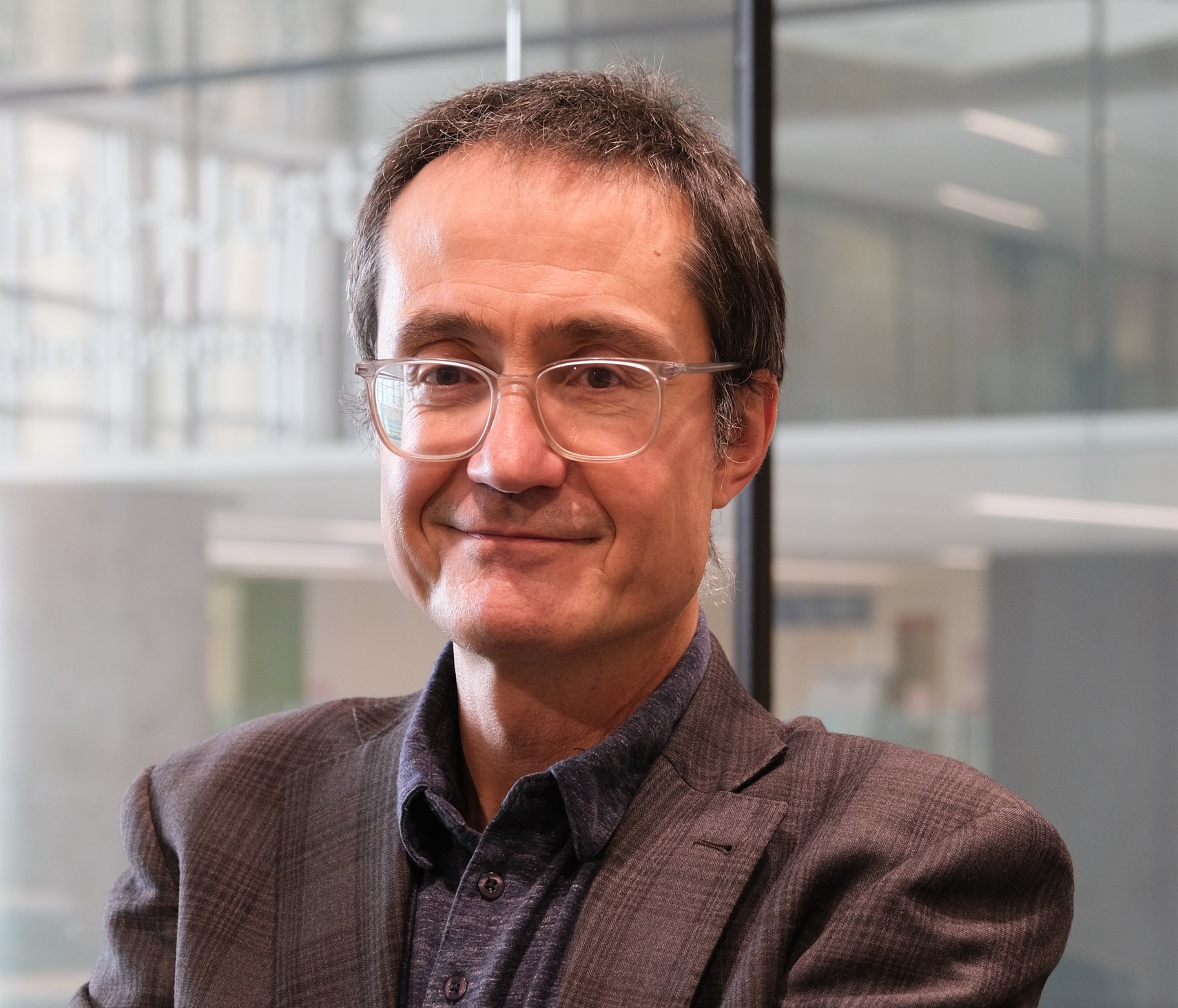
Work in Dr. Andelfinger’s laboratory includes iPSC based approaches for the modelization of rare diseases,as well as the use of iPSC-derived organoids to study normal and abnormal development. As an example, his work on CAID syndrome, a rare inherited disorder of pacemaking affecting heart and gut, uses patient-derived iPSCs to replicate cardiac disease mechanisms in a dish, and to examine fundamental mechanisms of gut motility in human intestinal organoids. Directed differentiation, molecular and functional phenotyping of iPSC lines and models, and genomic approaches are used to this end.

